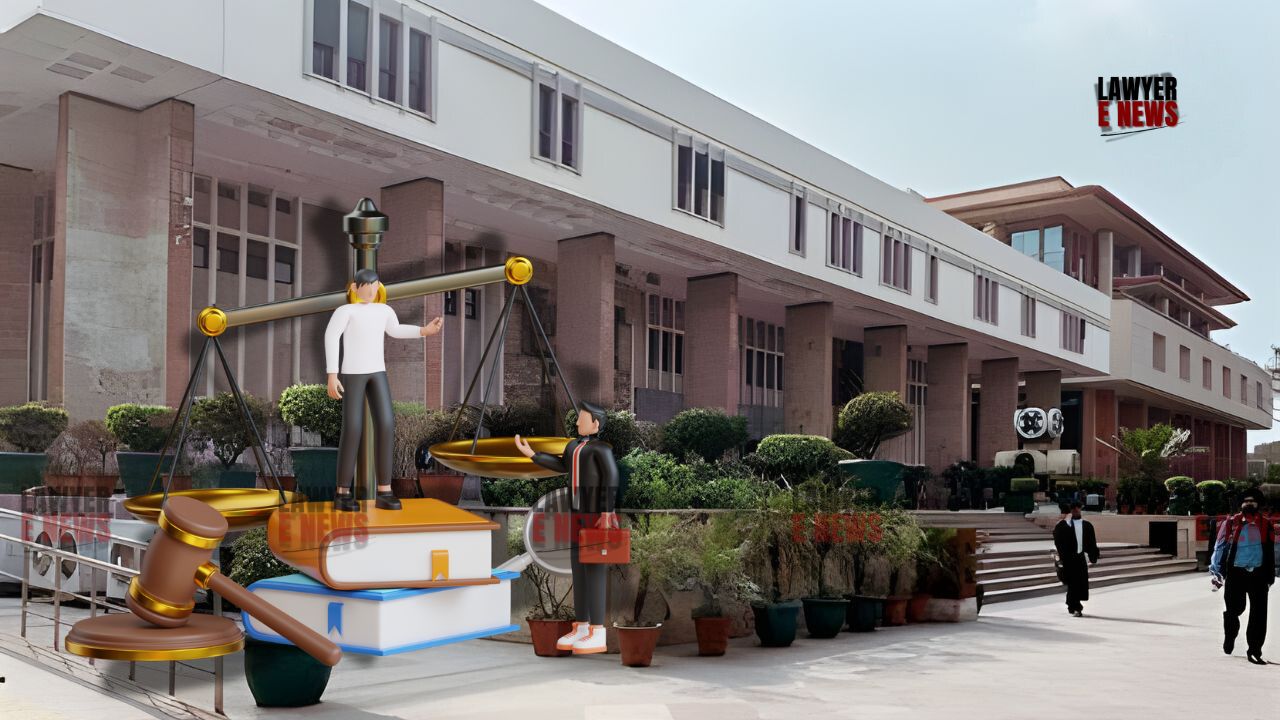-
by Admin
15 February 2026 5:01 PM



The Delhi High Court has quashed multiple orders issued by the Central Administrative Tribunal (CAT) in favor of Ved Prakash regarding the Modified Assured Career Progression (MACP) scheme. The court’s decision emphasized the misapplication of precedent and improper consent during the proceedings, thereby affecting Ved Prakash’s promotional benefits and retirement entitlements.
Ved Prakash, who started as an ad-hoc photocopier with the Central Administrative Tribunal (CAT) in 1986, was regularized in 1987. Following the implementation of the Fifth and Sixth Central Pay Commissions, financial upgradations under the Assured Career Progression (ACP) and MACP schemes were introduced. Raj Pal, a junior colleague, received upgradations which Ved Prakash later sought on grounds of parity, leading to prolonged litigation.
The case primarily revolved around the benefits under the MACP scheme. The CAT had previously directed the petitioners (Union of India) to grant Ved Prakash similar benefits to those received by Raj Pal, including higher grade pay and subsequent financial upgradations.
The High Court scrutinized the CAT’s orders, particularly focusing on the legal precedent set by the Supreme Court in the case of Union of India & Ors. Vs. M.V. Mohanan Nair (2020) 5 SCC 421. This precedent indicated that dismissals based on procedural delays should not serve as binding precedents for subsequent cases.
The High Court found that the CAT’s reliance on the Raj Pal case was misplaced. The Supreme Court had dismissed Raj Pal’s case due to procedural delays, not on merit, hence it should not be cited as a legal precedent.
The High Court judgment, delivered by Justices Suresh Kumar Kait and Girish Kathpalia, stated:
“The learned Tribunal, while passing impugned order dated 12.09.2022, though noted that petitioner’s counsel had extended consent to grant benefit of provisional promotion to the respondent but did not take into consideration the decision of Supreme Court in M.B. Mohanan Nair (Supra), whereby decision in Raj Pal’s (Supra) was directed to be not considered as a precedent.”
The Delhi High Court’s decision underscores the importance of adhering to proper legal precedents and procedural propriety in administrative adjudications. The judgment directs the Union of India to re-fix and release Ved Prakash’s pension and other benefits within four weeks, without recovering any amounts already paid. This case highlights the judiciary’s role in ensuring equitable treatment in employment-related disputes while maintaining legal consistency.
Date of Decision: July 31, 2024
Union of India & Anr. V. Ved Prakash
